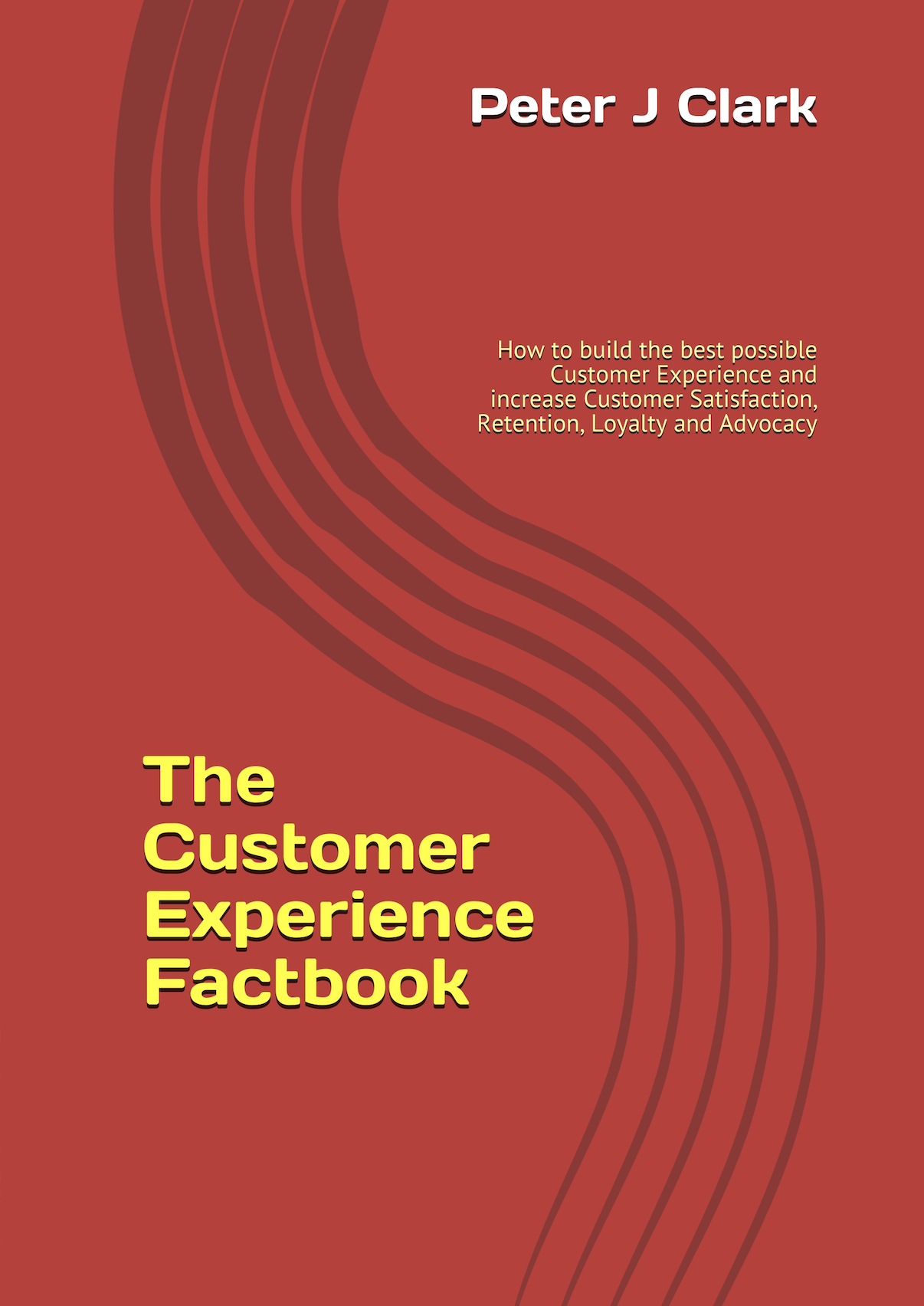UK marketers waste £2.5bn every year
UK marketers are wasting billions of pounds by relying on gut instinct and guesswork rather than data and rational decision-making, according to a survey of 459 marketers by marketing software firm MarketingQED.
According to the industry's own estimates, more than £2.5 billion is wasted each year on marketing efforts that 'fall on deaf ears'. But the survey found that the level of forecasting and evaluation undertaken by most companies was typically so low that the true annual wastage figure is likely to be significantly higher.
When asked what most influences their marketing decisions, respondents were more likely to simply follow what their firm has tended to do in the past (39.4%) or what seems to be the commonly accepted practice in the industry (34.9%) rather than seek advice (only 6.8% sought advice from colleagues, and 6.1% from outside agencies).
Very few used data to predict what results they would achieve. Three quarters (75.6%) had never employed a data professional. Even of firms with marketing budgets in excess of £1 million, nearly two out of five (37.2%) did not report using any analytics tools whatsoever.
Even after campaigns had ended, little analysis was reported; nearly one quarter (22.4%) of firms said they do no evaluation at all of whether their choice of marketing channels has been effective. As a result, it is likely that very few marketers have an accurate idea of what the outcome of a planned campaign will be, nor do they have a clear idea why past campaigns achieved the results they did.
"Most marketers make decisions based on instinct, convention, or their experience of what tended to work well in the past. But the problem is that this seldom works, and there is massive wastage as a result," noted Glenn Granger, CEO for MarketingQED. "Marketing is fiendishly complicated: most single purchases are the result of many messages received through many channels, in many places, over a period of time, and this is just too much data for our brains to process intuitively. Marketers can guess what works and what doesn't but their guesses are often wrong and, at worst, they are effectively playing the game blindfolded."
Thanks to advances in mathematical modelling, several solutions do exist for marketers to plan and fine tune their campaigns before they begin, and to conduct sophisticated evaluation to quantify exactly what each element contributes to the outcome. However, despite more than a quarter (28.6%) of marketers estimating that at least 20% of their budget is wasted, the industry has proven surprisingly slow to adopt these technologies.
Even among firms with a marketing budget of more than £1 million per annum, one in four (25.6%) have never employed statisticians, economists, data analysts or other data specialists to forecast or evaluate their campaigns. And only two out of five (39.5%) reported using algorithm-based forecasting methods, despite these being available in desktop applications suitable for non-specialists. Overall, the proportion of respondents who reported basing their decisions primarily on algorithmic forecasts was only 2.6%.
"Marketers are missing tricks left, right and centre. They often use the wrong channels, allocate too much or too little money, on their campaigns, and have little accurate idea of what impact each choice has on the bottom line. But this needn't happen; in my experience, marketers who have used data intelligently have raised their profits by as much as 20%," concluded Granger.
Sources: MarketingQED / The Marketing Factbook.
Copyright © 2012 - 2025 The Marketing Factbook.
Categorised as:
- Customer Experience
- Knowing The Customer
- Marketing Know-How
- Marketing Technology
